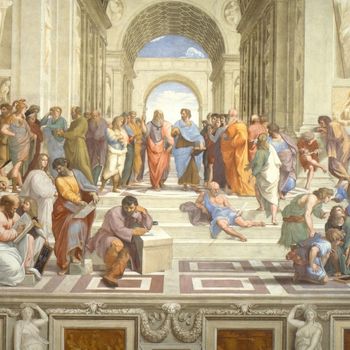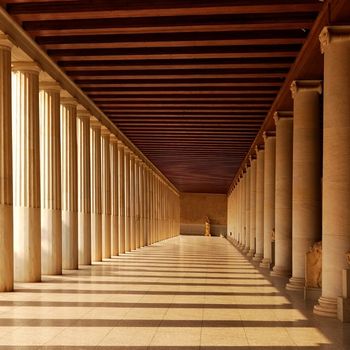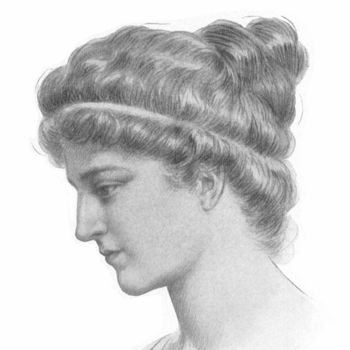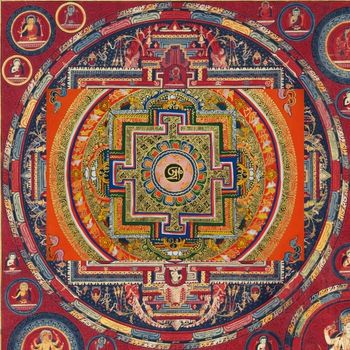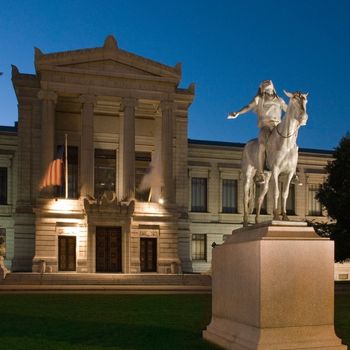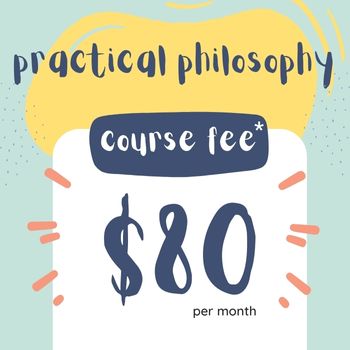
Philosophy opens up a world of possibilities, inviting us to reimagine ourselves and the
world around us. It’s not just for academics—it's for anyone seeking meaning, personal growth, and a
deeper understanding of life. Join us on this journey of discovery!
What Our 12-Week Course Offers:
- Personal Growth: Turn everyday experiences into adventures in self-discovery by learning practical tools to navigate life's challenges, improve relationships, and make better choices.
- Community: Engage with like-minded individuals in a welcoming and inclusive space to explore life's big questions.
- Timeless Wisdom: Explore what it means to truly live “the Good Life” from great thinkers like Socrates, Marcus Aurelius, and Confucius.
